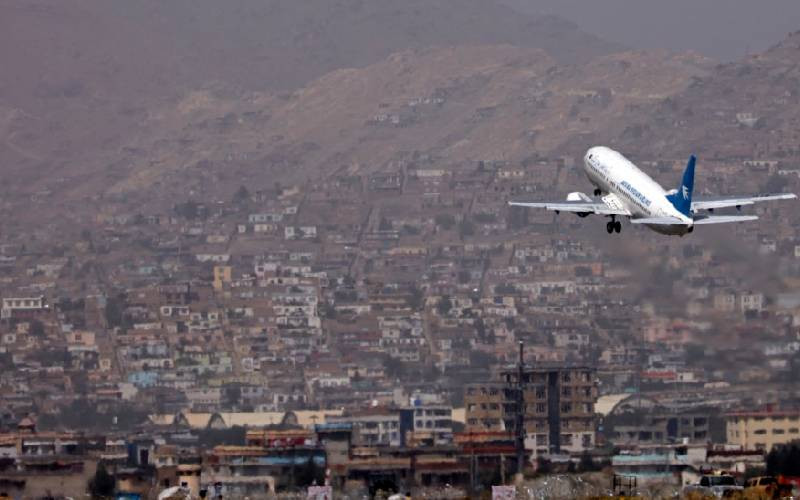×
The Standard e-Paper
Fearless, Trusted News

The Taliban have announced the resumption of direct flights between Afghanistan and China after a gap of three years, saying it would help boost bilateral economic and political relations.
The first weekly passenger flight of the national flag carrier Ariana Afghan Airlines left Kabul on Wednesday for Urumqi, the capital of the western Chinese border province of Xinjiang. The COVID-19 pandemic disrupted the air operation in early 2020.